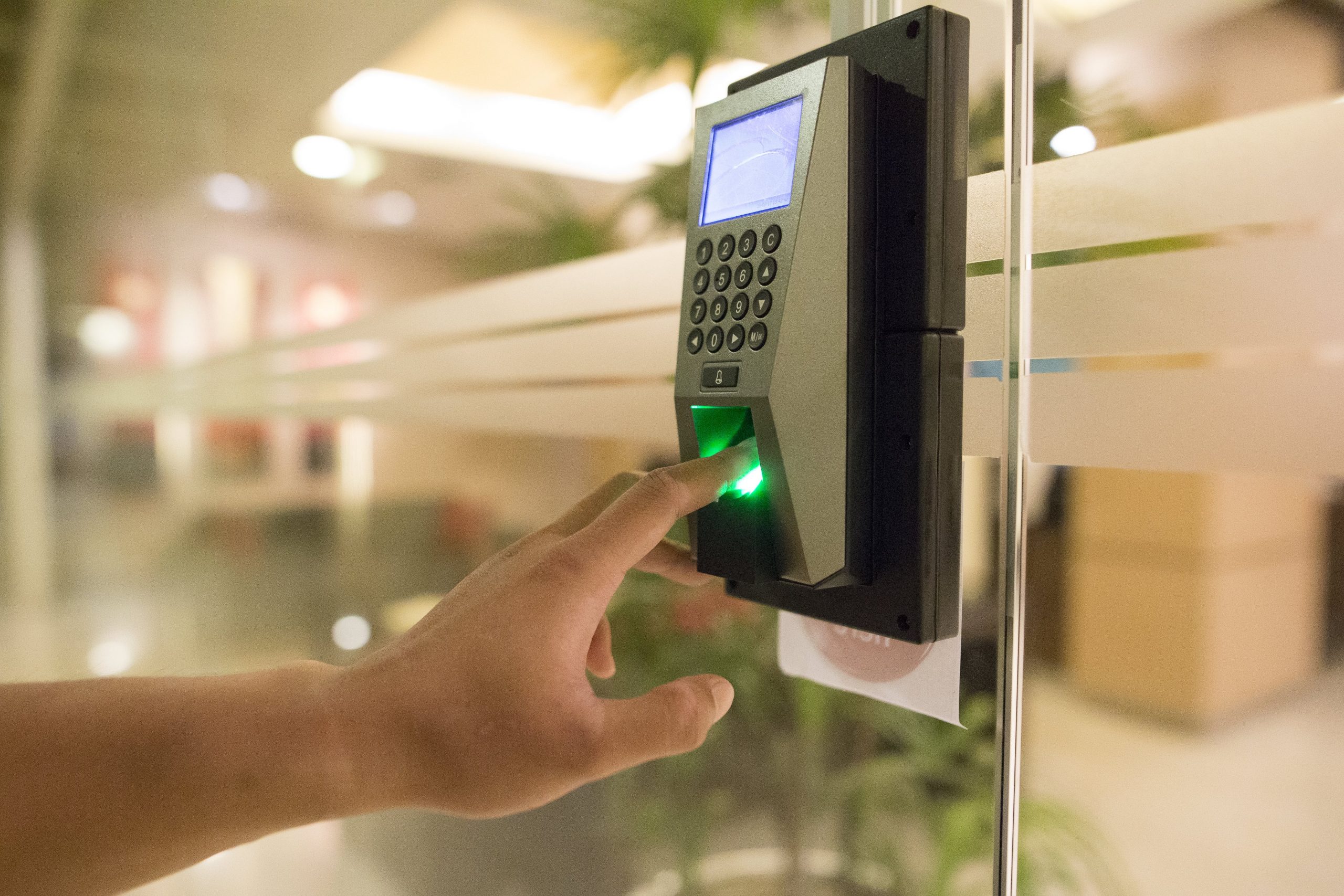
Home security technology is evolving rapidly, and one of the most talked-about advancements is the biometric door lock. Many homeowners are considering whether the biometric door lock benefits justify the investment compared to traditional key systems and keypad systems. Biometric locks—powered by fingerprint, facial recognition, or even iris scans—promise enhanced security and convenience. But like any major purchase for your home, it’s worth weighing the pros and cons carefully.
Below, we’ll explore the advantages, potential drawbacks, cost considerations, and professional guidance on installation so you can make an informed decision.
Key Advantages of Biometric Door Lock Benefits for Home Security
Biometric locks are increasingly popular in both residential and commercial settings. They appeal to security-conscious homeowners who want to reduce risks associated with keys or access codes.
Enhanced Security Features and User Convenience
One of the strongest selling points of biometric locks is their ability to provide personalized access control. Unlike keys, which can be copied, or codes, which can be guessed or shared, biometrics rely on unique biological traits.
- Fingerprint and facial recognition technology ensure only authorized users gain entry.
- Reduced risk of lock picking or bumping—common methods used against mechanical locks.
- No more lost keys—eliminating the hassle and expense of rekeying locks after misplacing a set.
- Quick access—a simple touch or glance opens the door, making entry faster, especially with arms full of groceries.
For busy families, these locks offer peace of mind. Parents can give children secure access without worrying about them losing keys, and biometric data is nearly impossible to share with strangers.
Comparing Biometric Door Lock Benefits vs Traditional Locks
When deciding between biometric and traditional locks, consider both security and practicality:
- Traditional Locks: Affordable, widely available, and familiar, but vulnerable to break-ins and key mismanagement.
- Keypad Locks: A step up, offering keyless entry, though codes can still be guessed, stolen, or shared.
- Biometric Locks: Higher upfront cost but provide unmatched access control and convenience.
The key question isn’t just whether biometric locks are “better” but whether they align with your household’s needs and lifestyle. For families worried about key control or households that want top-tier technology, biometric locks often come out ahead.
Cost and Maintenance Considerations for Biometric Door Locks
As with most advanced technology, biometric locks come at a higher price point than their traditional counterparts. However, it’s important to evaluate the total value over time.
- Initial Costs: Biometric locks range from $200 to $600 on average, with high-end models reaching over $1,000. Traditional locks typically cost between $50 and $200.
- Installation Fees: Professional installation may add $100 to $300, depending on door modifications required.
- Maintenance: These locks require occasional firmware updates and battery replacements. However, they typically don’t need frequent servicing.
While the upfront investment is significant, consider the potential savings on key duplication, lock replacement, and the priceless value of enhanced security.
How to Choose and Install Biometric Door Locks
If you’ve decided biometric security may be right for you, the next step is selecting and installing the right lock.
Professional Installation Steps for Biometric Door Lock Benefits Realization
Installing a biometric lock isn’t as straightforward as replacing a standard deadbolt. Professional locksmiths ensure:
- Compatibility Check – The lock is matched to your door type and frame.
- Proper Wiring & Calibration – Biometric sensors are sensitive; professionals align and test them for accuracy.
- Secure Mounting – Ensures locks are tamper-resistant and durable.
- Software Setup – Configuring fingerprints, facial profiles, or mobile app integration.
- Testing & Demonstration – You’ll leave with full confidence on how to operate your new lock.
DIY installation is possible for some models, but it is not recommended if you want maximum reliability and security. A professional locksmith ensures your lock is fully optimized and reduces the risk of errors that could compromise safety.
When to Choose Biometric Over Traditional Locks
Biometric locks aren’t the perfect choice for everyone, but there are situations where they shine:
- Families with children or elderly residents who frequently lose keys or forget codes.
- Homeowners in high-crime areas who need extra security measures.
- Tech-savvy individuals who want smart-home integration and convenience.
- Businesses or rental properties where managing multiple users securely is essential.
If you value convenience and superior access control, biometric locks are worth the investment. However, if budget is your top concern, traditional locks still offer solid protection when paired with good home security habits.
Are Biometric Door Locks Worth It?
The answer depends on your priorities. If you’re seeking maximum convenience, advanced security, and peace of mind, biometric locks provide clear benefits over traditional systems. While the initial cost may feel steep, the long-term value in security and ease of use often outweighs the expense.
Still, not all biometric locks are created equal, and proper installation is critical. That’s why consulting with a professional locksmith is the best next step.
Protect Your Home with Express Locksmith
At Express Locksmith, our name is what we’re all about! Count on us for quick lock and key services for your home, business, or automobile. Our team is available 24/7; regardless of the timing or circumstances, we are here to help you in your time of need.
Whether you’re ready to upgrade to biometric security or need assistance with traditional locks, we’ll guide you through your options and provide expert installation. Call us for lockouts, master key systems, and more—24 hours a day.
